The USCIS I-134 form, also known as the Affidavit of Support, is similar to the I-864 form. Both documents serve to demonstrate that a sponsor can financially support an immigrant. However, the I-864 is a legally binding contract, while the I-134 is a non-binding declaration. The I-864 is typically required for family-based immigration and certain employment-based cases, whereas the I-134 is often used for non-immigrant visa applicants, like tourists or students.
Another document akin to the I-134 is the I-130 form, which is the Petition for Alien Relative. While the I-134 focuses on financial support, the I-130 establishes a qualifying relationship between a U.S. citizen or lawful permanent resident and their foreign relative. The I-130 is essential for family-based immigration, whereas the I-134 is more about proving the ability to support the immigrant financially.
The I-864EZ form is another related document. This simplified version of the I-864 is for sponsors who meet specific criteria, such as having a household size of only one or two. Both forms require the sponsor to show financial capability, but the I-864EZ is easier to fill out and has fewer documentation requirements, making it more accessible for eligible sponsors.
The DS-260 form, the Online Immigrant Visa Application, also shares similarities with the I-134. While the I-134 focuses on financial support, the DS-260 collects comprehensive information about the applicant’s background and intentions. However, the DS-260 may require information about the sponsor’s financial situation, making the I-134 relevant in that context.
The I-751 form, Petition to Remove Conditions on Residence, is similar in that it involves a sponsor's support for a spouse who received conditional residency. The I-751 requires proof of a genuine marriage and financial support, similar to how the I-134 demonstrates the sponsor's ability to support an immigrant. Both forms are crucial in ensuring that the immigrant will not become a public charge.
The I-693 form, Report of Medical Examination and Vaccination Record, is another document that relates to the I-134. While the I-134 addresses financial support, the I-693 ensures that the immigrant meets health requirements for entry into the U.S. However, both documents are often submitted together as part of the immigration process, underscoring the importance of meeting both financial and health criteria.
The G-325A form, Biographic Information, is also similar in that it collects personal information about the applicant. While the I-134 focuses on financial capability, the G-325A provides background information that supports the application. Both forms are essential components of the immigration process, providing a complete picture of the applicant's situation.
The N-400 form, Application for Naturalization, is relevant in the context of sponsors who may later become citizens. While the I-134 is used for initial immigration support, the N-400 assesses an applicant's eligibility for citizenship, including their financial responsibilities. Both forms relate to the immigrant's ability to thrive in the U.S., albeit at different stages of the immigration journey.
The I-765 form, Application for Employment Authorization, is similar in that it allows immigrants to work legally in the U.S. While the I-134 focuses on financial support from a sponsor, the I-765 enables the immigrant to demonstrate their ability to support themselves through employment. Both forms play a role in ensuring that immigrants can sustain themselves financially.
Finally, the I-140 form, Immigrant Petition for Alien Worker, is another document that relates to the I-134. The I-140 is used by employers to sponsor foreign workers for permanent residency. Like the I-134, it requires proof of financial capability, but it focuses on employment-based immigration rather than family ties. Both forms highlight the importance of financial support in the immigration process.
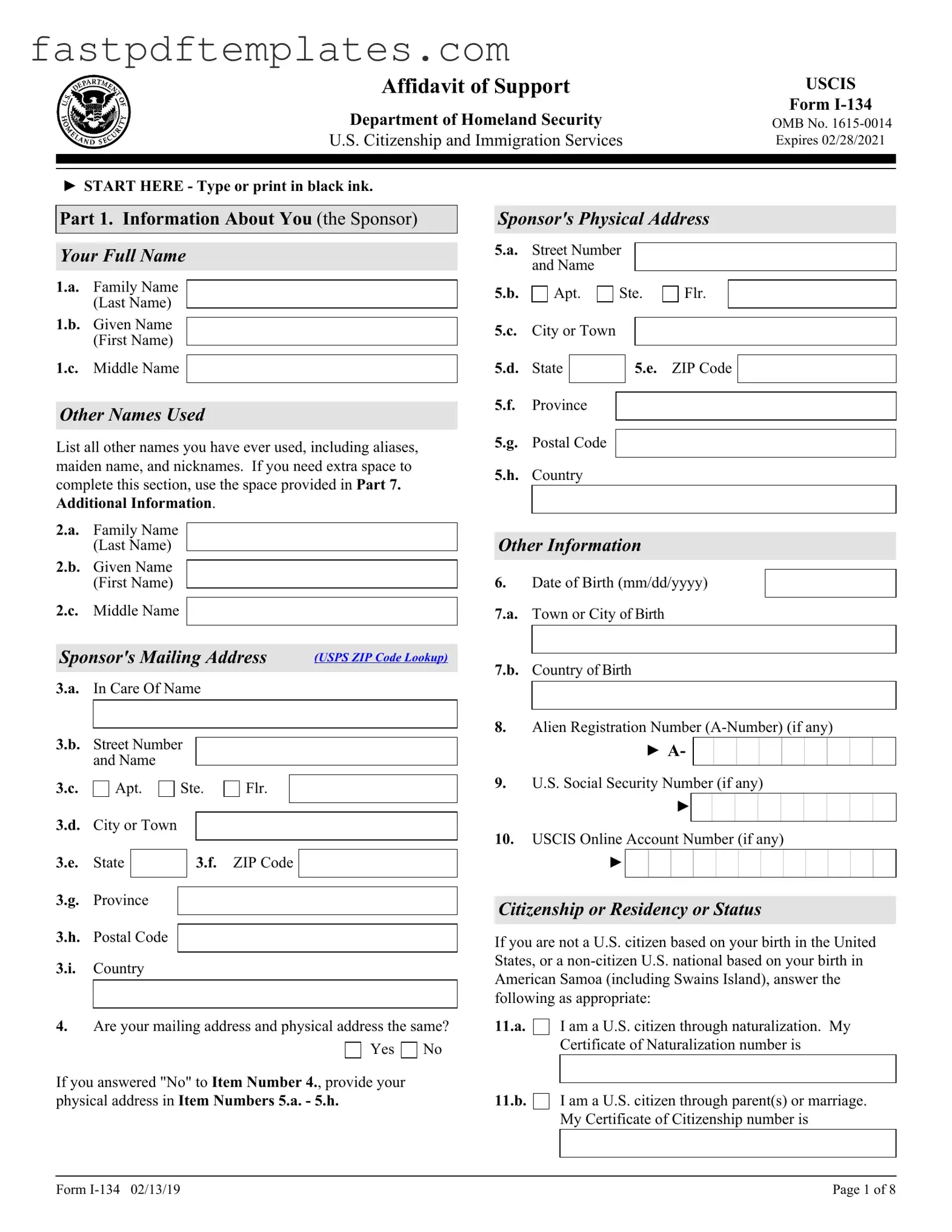

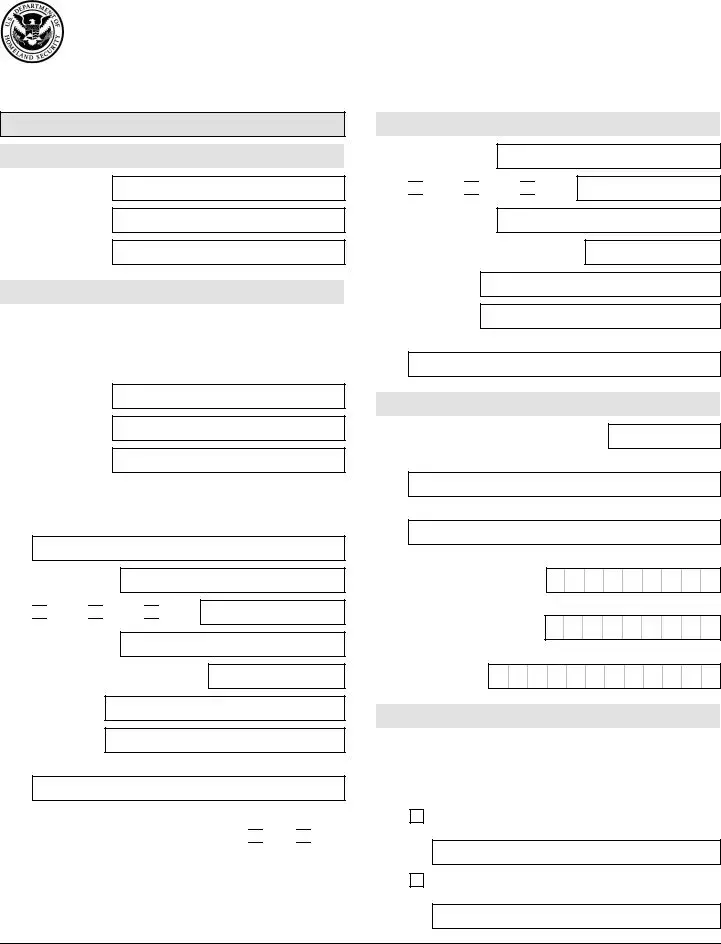

 Apt.
Apt. 
 Ste.
Ste. 
 Flr.
Flr.
 Yes
Yes 
 No
No
 Apt.
Apt. 
 Ste.
Ste. 
 Flr.
Flr.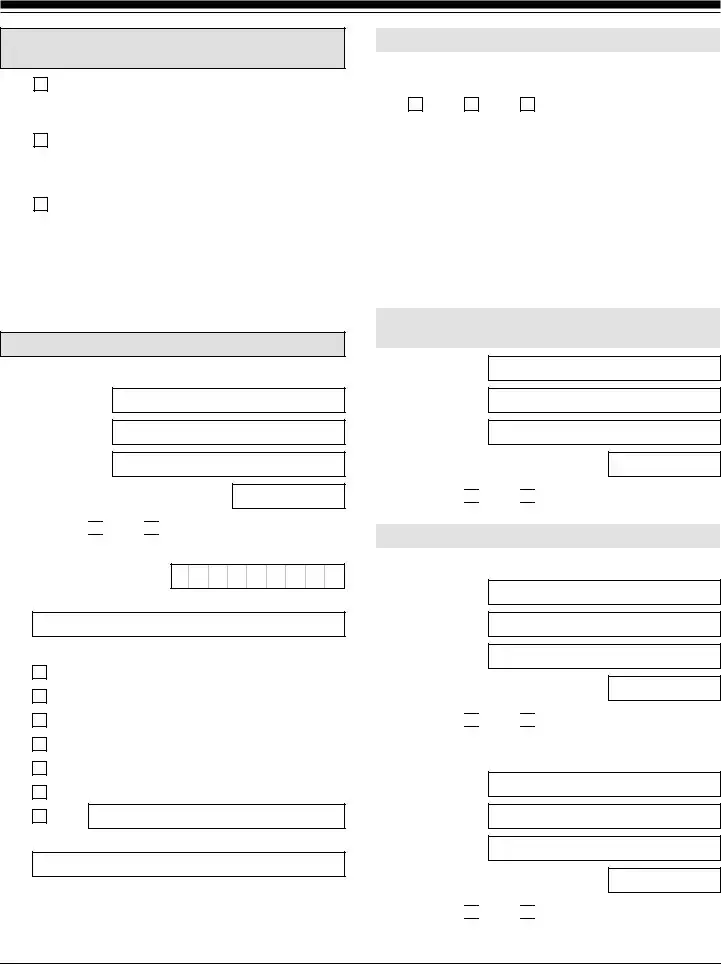

 Male
Male 
 Female
Female
 Male
Male 
 Female
Female
 Male
Male 
 Female
Female
 Male
Male 
 Female
Female

 Apt.
Apt. 
 Ste.
Ste. 
 Flr.
Flr.
 Apt.
Apt. 
 Ste.
Ste. 
 Flr.
Flr.

 intend
intend 
 do not intend to make specific contributions to the support of the person(s) named in
do not intend to make specific contributions to the support of the person(s) named in 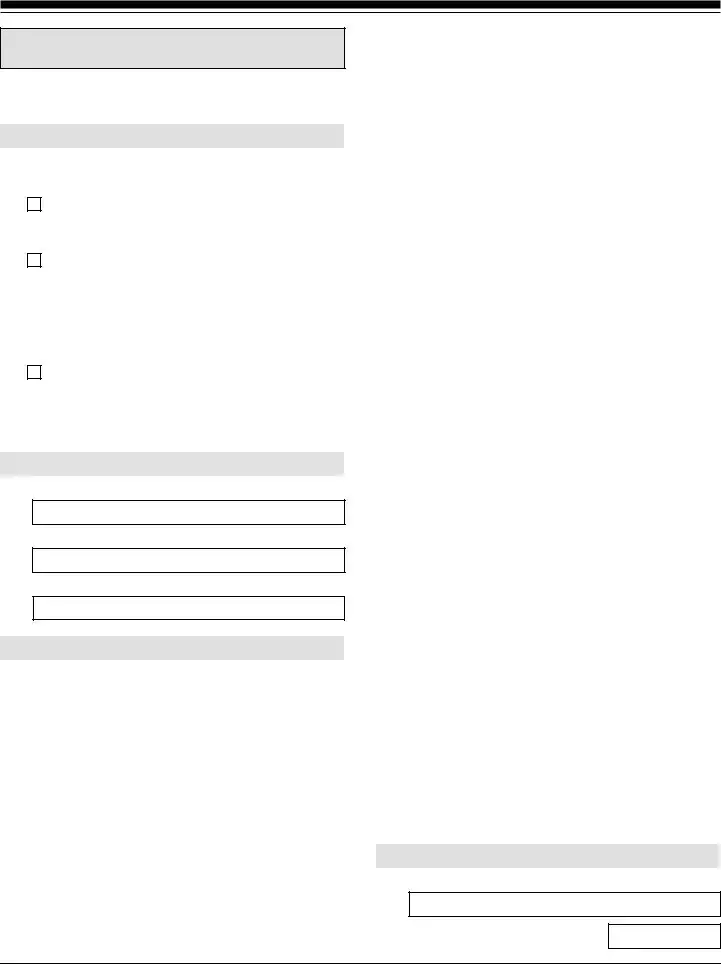


 Apt.
Apt. 
 Ste.
Ste. 
 Flr.
Flr.
 Apt.
Apt. 
 Ste.
Ste. 
 Flr.
Flr.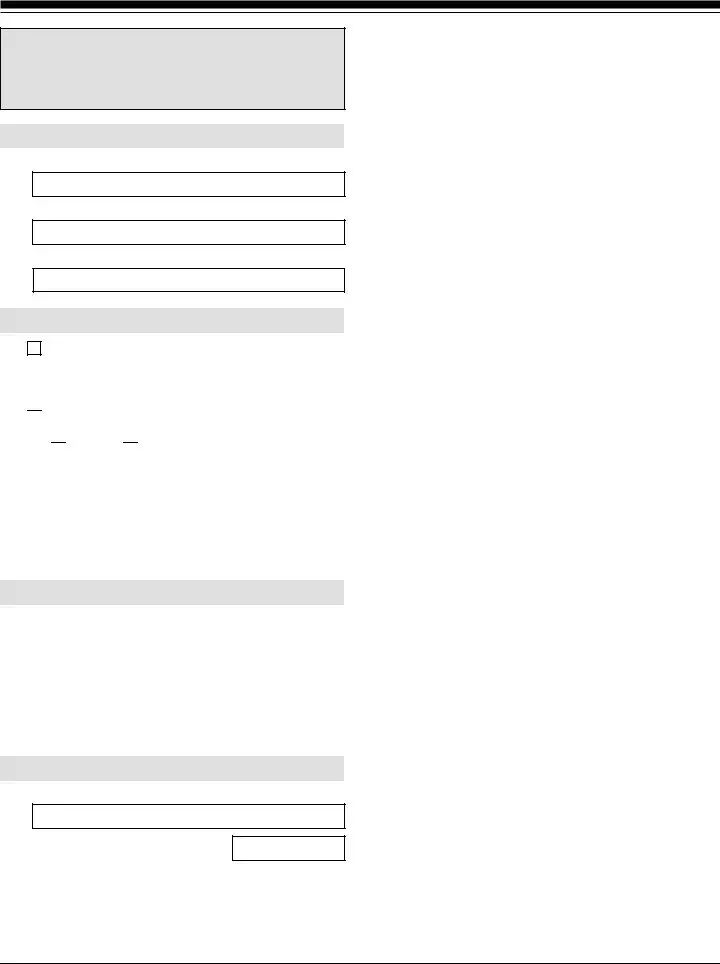
 I am an attorney or accredited representative and my representation of the sponsor in this case
I am an attorney or accredited representative and my representation of the sponsor in this case extends
extends  does not extend beyond the preparation of this affidavit.
does not extend beyond the preparation of this affidavit.